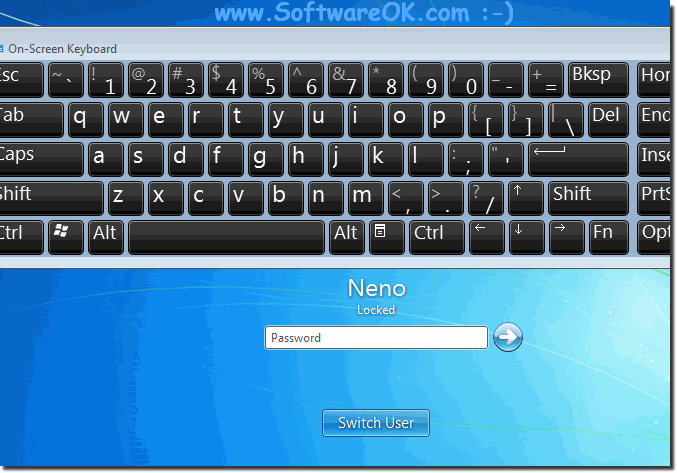As the march of time progresses on its merry way, there has also been an unsettling tendency for the integrity of the English language to be altered to suit. The verb “type”, for instance, did not exist in terms of writing composition until the introduction of the commercial typewriter. At this particular point in time, typewriters were functionally mechanical and technically as demanding in use as a military field rifle. The keys had to be struck with a certain amount of force to register the command, much like operating a lever or pulling a winch. This being a simple, straight-forward time, when things were called as they were, “strike” was precisely them used. Such as in the following passage from the 51st edition of Pitman’s Journal of Commercial Education published in 1896: “It will be apparent that if two keys are accidentally struck together no impression wile be made, also only one type can enter the guide at a time, and the act of striking two keys locks each, neither leaving an impression on the paper.”
The fine old terms “strike” and “hit” were duly replaced by the anemic words “tap” and “click.” A situation only worsened with the introduction of touch-screens in the world. It was not long until such distasteful terminology began to claim cultural dominance, there now even being a website dedicated to mobile communication devices christened TapTapTap. While gentler in terms of terminology and association, the “taps” and “clicks” required by touch-screens can be said to rob the once proud work of typing of its rhythm, precision and passion.
(Gofundme.com/honest-technology-journalism)
(Patreon.com/futuremeh)


I actually really like old-fashioned computer keyboards. I got a wireless keyboard for my iPad.
ReplyDelete